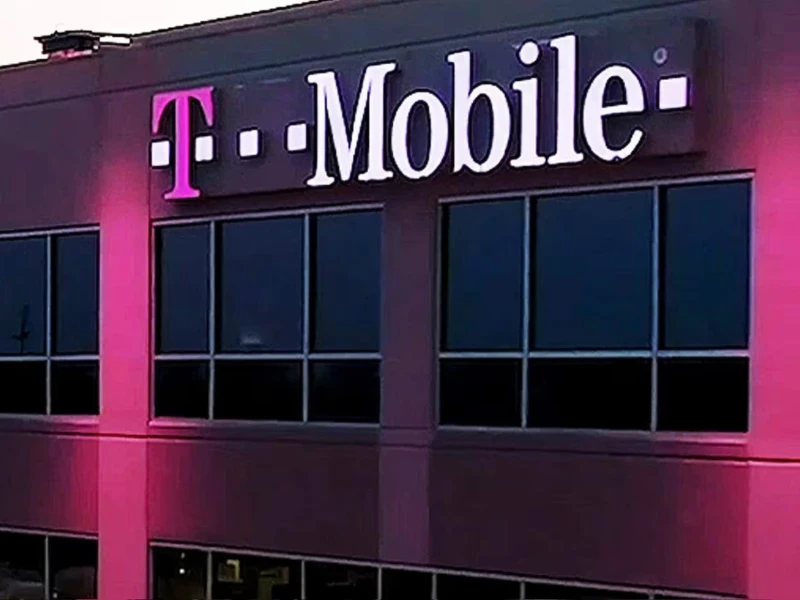- T-Mobile has announced a significant deal to acquire the majority of US Cellular’s assets, enhancing its network coverage and competitive edge, particularly in rural and underserved areas.
- The acquisition, involving both cash and stock, will be financed through T-Mobile’s cash reserves and new debt. It is currently pending regulatory approval from the FCC and DOJ.
- This deal is expected to boost competition in the telecom industry, potentially lowering prices and fostering innovation. Consumers, especially in rural regions, will benefit from improved network reliability and faster internet speeds.
T-Mobile has announced a $4.4 billion deal to acquire the majority of US Cellular‘s assets.This acquisition marks one of the largest consolidations in the US telecom industry in recent years.
Acquisition and expansion
T-Mobile’s acquisition of US Cellular includes a substantial portion of the latter’s network infrastructure and customer base. This deal is expected to enhance T-Mobile’s network coverage, particularly in rural and underserved areas where US Cellular has a strong presence. The integration of US Cellular’s assets will allow T-Mobile to provide more robust and extensive services to its customers, further strengthening its competitive edge against rivals AT&T and Verizon.
Mike Sievert, CEO of T-Mobile, emphasised the strategic importance of the deal in a statement: “This acquisition is a critical step in our mission to bring superior connectivity to every corner of the United States. By combining US Cellular’s valuable network assets with our industry-leading 5G capabilities, we are poised to deliver unmatched service quality and innovation to our expanded customer base.”
Also read: What are the current market shares of US telecom companies?
Strategic and financial details
The $4.4 billion deal, which involves both cash and stock components, underscores T-Mobile’s aggressive expansion strategy. The acquisition is expected to be financed through a combination of existing cash reserves and new debt issuance. Analysts view the deal as financially sound, given T-Mobile’s strong balance sheet and the anticipated synergies from the integration.
However, the acquisition is subject to regulatory approval from the Federal Communications Commission (FCC) and the Department of Justice (DOJ). T-Mobile is optimistic about receiving the necessary clearances, citing the deal’s potential to enhance competition and benefit consumers by providing improved service and expanded coverage.
John Legere, former CEO and current board member of T-Mobile, expressed confidence in the regulatory process: “We are committed to working closely with regulators to demonstrate the clear benefits of this acquisition. Our goal is to ensure a smooth and timely approval process, ultimately delivering significant value to our customers and stakeholders.”
Also read: Why are telecom stocks down?
Market and consumer impact
The acquisition of US Cellular by T-Mobile is expected to have wide-ranging implications for the US telecommunications market. By consolidating assets and customer bases, T-Mobile aims to accelerate its 5G rollout and improve service quality. This move could prompt further consolidation within the industry as other carriers seek to bolster their competitive positions.
Industry analysts predict that the deal will lead to increased competition, potentially driving down prices and encouraging innovation. “This acquisition is a game-changer for the telecom sector,” said Jessica Caldwell, a telecom industry analyst. “It will force other players to rethink their strategies and possibly lead to more mergers and acquisitions as companies strive to enhance their market positions.”
For consumers, the T-Mobile and US Cellular deal promises enhanced network reliability, faster internet speeds, and broader coverage. Rural areas, in particular, stand to benefit from T-Mobile’s expanded network reach, addressing longstanding connectivity challenges in these regions.
Businesses are also expected to gain from the deal, with improved network infrastructure supporting a wide range of digital and mobile services. Enhanced connectivity will be crucial for sectors such as agriculture, manufacturing, and logistics, which rely on robust wireless networks for operations and innovation.

